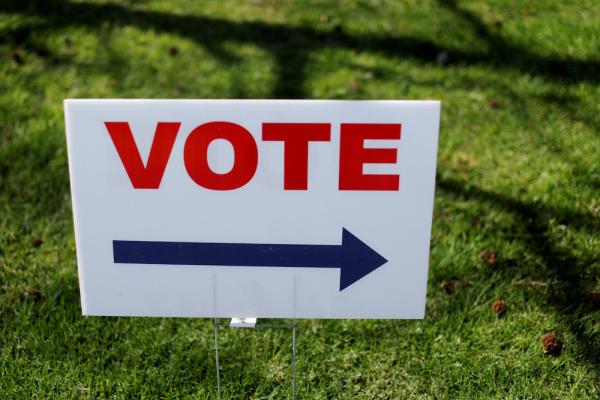States across the country are grappling with how to run primaries and the November general election while dealing with the coronavirus pandemic, a task one voting expert told a Senate committee on Wednesday would require another $3.6 billion in federal aid.
During the Senate Committee on Rules and Administration hearing, a number of senators noted the many ways that the coronavirus pandemic has changed how elections are traditionally conducted, with many states receiving unprecedented numbers of requests for mail-in ballots.
Some states have expanded absentee voting options while also implementing touchless solutions like curbside voting and ballot drop boxes.
But former Democratic presidential candidate Sen. Amy Klobuchar, the top Democrat on the committee, cited the long lines, inadequate numbers of polling places and difficulties in the mail-in voting system during Wisconsin’s April presidential primary.
“According to local health officials, nearly 70 people, voters and poll workers, contracted coronavirus as a result of them simply going to the polls,” she said.
Kristen Clarke, president and executive director of National Lawyers’ Committee for Civil Rights Under Law, testified that states will need $3.6 billion in additional funding from the federal government in order to safely administer the general election.
“The $400 million allocated in the CARES Act was an important first step. But it’s a fraction of what’s truly needed,” she said. “Expanding voting by mail and in person is achievable and critical for our democracy. States simply need the support from Congress to do it.”
Clarke explained that the additional federal funding would help states in not only November’s general election but in ongoing primaries and run-off elections.
States would be able to fund ballot printing, postage costs and drop boxes for mail-in ballots as well as electronic absentee ballot processing systems, ballot tracking software and voter education materials. In addition, poll workers and voters will need more personal protective equipment, she said.
In addition to the $3.6 billion, the U.S. Postal Service needs $89 billion to ensure it can keep up with an unprecedented number of mail-in ballots, Clarke said.
According to the National Conference of State Legislatures, two-thirds of states don’t require an excuse for a voter to request an absentee ballot while one-third do require a a reason. Five states currently conduct all elections entirely by mail.
Tennessee Secretary of State Tre Hargett testified that his state had successfully managed its primary election by developing a voter app that informs people of their nearest polling place and expanding advertising for early voting.
However, Tennessee had previously limited the use of absentee ballots to those who are actively sick, disabled, traveling or over the age of 60. It was forced to abandon that rule after a state judge ruled it was an unreasonable burden on citizens’ right to vote.
Hargett has appealed that decision to the state’s Supreme Court.
Sen. Angus King, I-Maine, asked Hargett if fear of contracting COVID-19 was an eligible excuse for requesting an absentee ballot. Hargett said no.
“That is pitiful,” said King.


